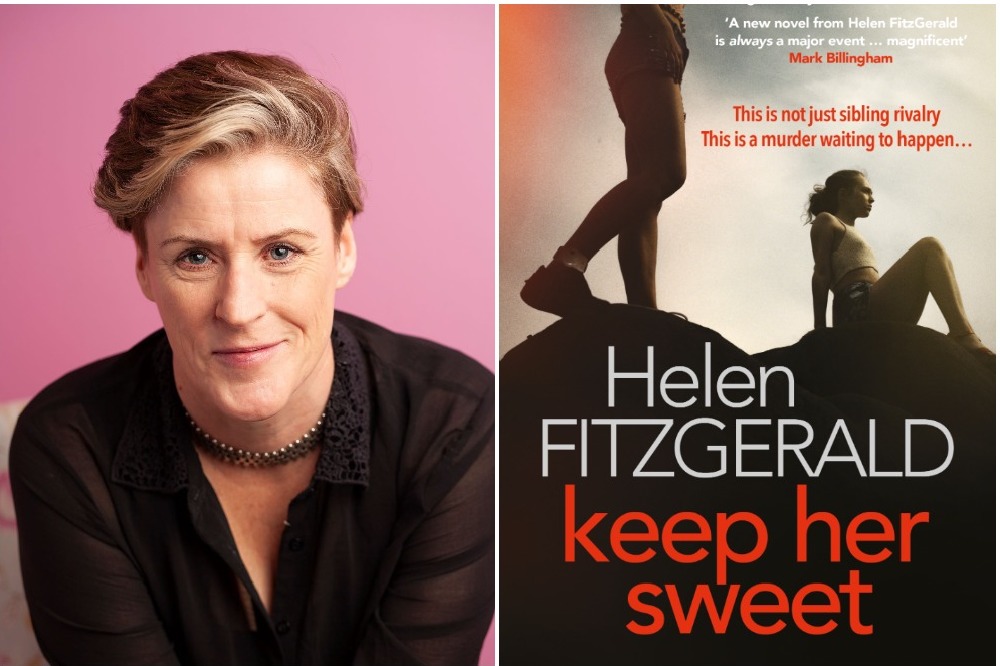1. Before you start counting words, ask yourself this: Could someone else write this book? If the answer is yes, don’t write it, save yourself a thousand hours, let someone else do it. I don’t think there are any original stories, but everyone’s voice is or should be unique and that originality is what makes a good book stand out. Many years ago (before I was published) a famous poet asked me where I found my voice. I didn’t have a clue what he was talking about and said: “It’s Australian”. I had to google “voice” when I got home and then I started worrying that I hadn’t found mine and should really start looking for it. Turns out it was in my teenage diary and was (and still is) that of a feral manic angry teenager who loves to laugh. Oh and it’s also Australian. Yours might be in your teenage diary too - go check.

Helen Fitzgerald, Keep Her Sweet
2. Write character biographies before you start counting words. If you know your characters inside out – all of them, not just the main ones – then the story will jump out at you. It’s the best fun, the biography stage. Starting at birth, do a timeline for each person. Where were they born? Were their parents happy? Did they have a stammer? When did they murder their first victim? It will translate into words eventually, I promise.
3. Don’t obsess about counting words. If you must count something, count hours – the time you spend thinking, writing biographies, tearing your hair out, feeling nauseous, talking, pitching, taking notes – those things are also writing.
4. Walk in your character’s shoes; each one of them. (There are no small characters just small writers!) In those shoes, ask yourself: What’s she thinking? What’s she feeling? One of my first editors wrote this in the margins of every page of my first draft – But what’s she FEELING? Answering the question was really hard work - but helped me and the book so much; I was changing pure action and dialogue into a scene that would make the reader feel what the character is feeling.
5. Don’t neglect your ending – please, for me. Some publishers and TV commissioners only seem to care about the first third, or the first episode – I hate this. Before you start, I think it’s essential to have at least some idea of where your character ends up, otherwise the last chapters are expositional and infuriating. In my mind, you will have negated all the hard work and originality that you started with. An expositional ending makes me regret enjoying a beautifully written opening. Aim for an ending that is startling yet inevitable. Good becomes meh if there’s an unsatisfying climax.


